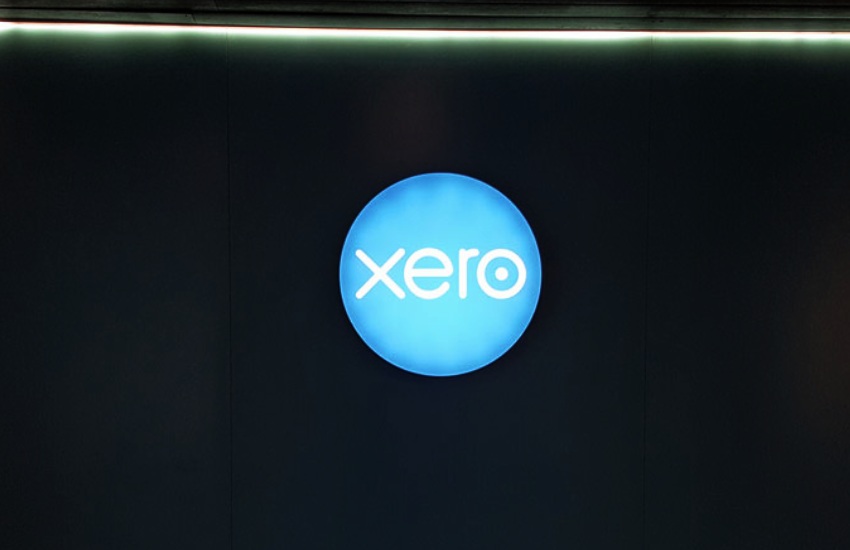A new report commissioned by Xero has found that around 30 per cent of small and medium businesses still lodge their BAS in paper form, with 14 per cent using no IT in their accounting and bookkeeping function.
“We need to help small businesses overcome barriers like lack of awareness, lack of time, and fear of change to make this digital transition. It will not only help them meet their compliance requirements but will help boost economic growth across Australia,” said Xero managing director, Trent Innes.
You’re out of free articles for this month
“Digital connectivity is evolving rapidly from a ‘nice to have’ to a ‘must have’. With the mandatory government rollout of Single Touch Payroll (STP), mandatory two-factor authentication (2SA), and increased use of e-invoicing, it’s critical that businesses, technology providers, government and advisers come together.”
Speaking to Accountants Daily, Institute of Certified Bookkeepers executive chair, Matthew Addison said the statistics were unsurprising and a reminder of the hurdles facing businesses from adopting digital processes.
“Many businesses have not seen the need to change their ways. The paper system works. They get a form in the mail, it reminds them to do the form, they get the reports out of their software and it is easy to send it off,” said Mr Addison.
“To embrace the streamlined digital process now available in most software requires a new understanding.
“The question for government and the professional intermediaries is how to move the paper-based red tape form-filling from a status of being an annoying irregular non-core but compulsory part of business, into an easy-to-complete task that has more benefit than simply stopping the regulators from being upset.”
Mr Addison believes small businesses will need incentives to help them overcome barriers to embracing technology, particularly as businesses push it into the ‘too hard basket’.
“Small businesses tend to undervalue their own time and combined with being very cash flow sensitive, the government will need to embrace significant incentives to business to build the momentum to change.
“There appears to be a significant benefit to the government to interact with business through digital interactions and environments.
“Business should receive some of that benefit in tangible forms; maybe a tax credit for each activity statement lodged on time through digital channels – it costs less for the government to process the digital form, and therefore they should reward the taxpayer.”
This email address is being protected from spambots. You need JavaScript enabled to view it.
Jotham Lian
AUTHOR
Jotham Lian is the editor of Accountants Daily, the leading source of breaking news, analysis and insight for Australian accounting professionals.
Before joining the team in 2017, Jotham wrote for a range of national mastheads including the Sydney Morning Herald, and Channel NewsAsia.
You can email Jotham at: This email address is being protected from spambots. You need JavaScript enabled to view it.

 Login
Login







